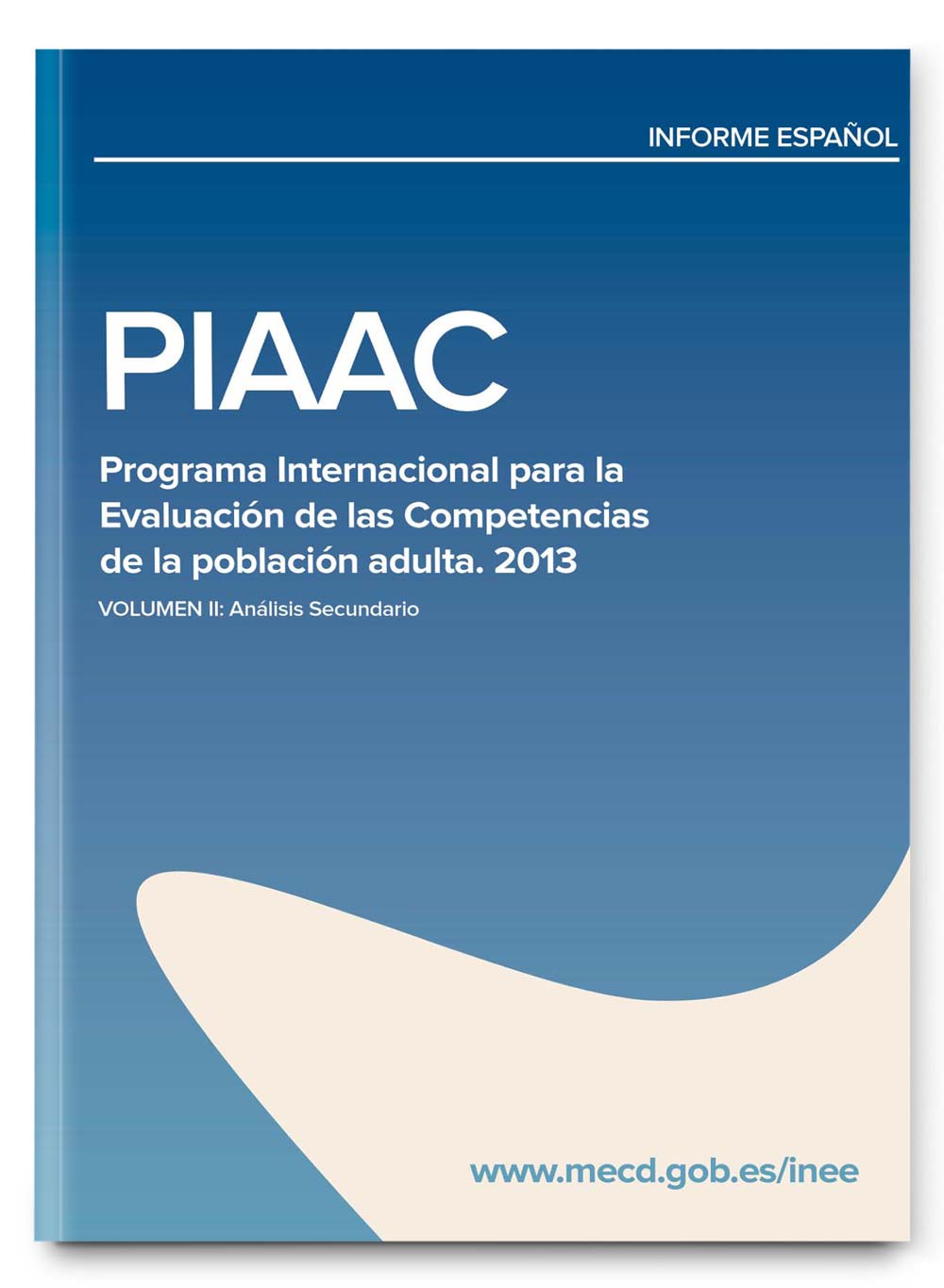Research Areas

Following the publication of the first results of OECD’s Programme for the International Assessment of Adult Competences (PIAAC,) on workers’ levels of literacy and numeracy skills, the Ivie has conducted a study on the results for the Spanish case. The Ivie has elaborated two documents that have been published as chapters 3 and 6 in the second volume of the Spanish report on this programme released by the Spanish Ministry of Education, Culture and Sport.
In Chapter 3, both PIAAC data and econometric techniques are used to analyze the effect of education on the employment of persons in terms of their salaries, their probability of participating in the labor market and of being employed. The study explores different best practice scenarios and the potential benefits with reference to participation, unemployment and labor productivity.
Chapter 6 analyses the determinants of the skills levels attained by individuals taking into account their socio-demographic background, their education and employment status, i.e. to find out to what extent education is important for human capital. In particular, the report aims to establish if there are factors relevant to individuals, either personal or related to their work experience, which determine the levels of skills required to answer the different questions raised by the PIAAC survey; and, on the other hand, to explore to what extent the selection procedures for the recruitment of workers, based on their educational background, influence or not the skills levels reached by them.

